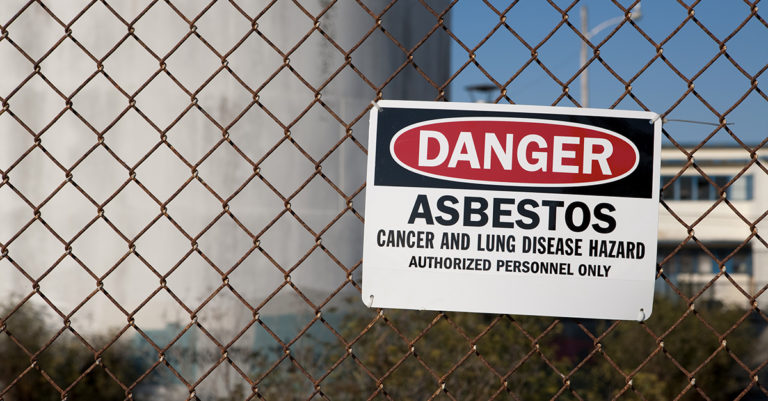ALTON, Ill. (May 16, 2016) – Simmons Hanly Conroy, a national litigation firm, announced today a Pennsylvania appeals court has upheld a $3 million verdict against Janssen Pharmaceuticals, Inc., a subsidiary of Johnson & Johnson, for severe birth injuries resulting from the mother taking Topamax during pregnancy.
Simmons Hanly Conroy attorney Andrew Williams represented parents Kelly and Brian Anderson against Janssen and Johnson & Johnson in the 2014 trial in the Court of Common Pleas in Philadelphia County. The Andersons’ daughter was born in 2008 with bilateral cleft palate and lip. The jury found the drug manufacturer was liable for failing to warn the mother’s doctors of the increased risk of birth injuries when Topamax is taken during the first trimester.
On May 11, the Superior Court of Pennsylvania affirmed the jury’s ruling, finding that Janssen failed to make proper efforts, in general, to warn doctors about what risks it may have known about Topamax.
“The Superior court’s decision again proves that big pharmaceutical companies consistently hide dangerous side effects from the American public, but that our legal system allows consumers and families to level the playing field and hold them accountable,” Williams said. “Simmons Hanly Conroy is pleased to secure justice for this well-deserving family and ensure their little girl receives the quality care and treatment she deserves.”
On the appeal, Janssen argued it should not be found liable for failing to warn because it was unable to change the drug’s pregnancy warning level via the label without permission from the U.S. Food & Drug Administration.
The three-judge panel disagreed, saying because Janssen is a name-brand drug manufacturer, it still had a duty to warn doctors and the labeling was a separate issue.
“Janssen’s argument fails to differentiate between the nonspecific, potential risk that Topamax’s Category C label implied and a known risk in which the drug has been scientifically established to cause particular birth defects,” the opinion said. “The evidence presented at trial indicated that Janssen knew of a causal relationship between Topamax and specific birth defects, including cleft palate, but failed to disseminate the information so that Kelly’s physicians would be adequately warned.”
Topamax is prescribed to help prevent certain types of seizures and to prevent migraine headaches in adults. The Antiepileptic Drug Pregnancy Registry reports a 3.8 percent prevalence of oral birth defects in children exposed to Topamax in utero during the first trimester. Two of the particular risks listed by this registry are cleft lip and/or cleft palate in newborns, which is known to develop in the first trimester of pregnancy before many women even know that they are pregnant.
The FDA required the pharmaceutical company to update Topamax’s label in 2011, three years after the Anderson child’s birth.
Kelly Anderson took Topamax to treat migraine headaches in 2007 and 2008 while pregnant. She was unaware of the dangerous effects it could have on her unborn child. In August 2008, Anderson’s daughter was born with bilateral cleft palate and lip.
Since then, the child has required more than 14 procedures, including several surgeries, to treat the condition. She has also suffered hearing loss, speech problems, and has been bullied because of her speech and appearance.
The jury awarded $1.5 million to the little girl for non-economic damages and $1.5 million to her parents to pay for her anticipated healthcare expenses.
“The outcome is not about the money,” the family said in a prepared statement. “It’s about a jury giving us justice for us and our child. We hope this will help make sure no other children have to live with the injuries our daughter has endured.”
The case is Anderson et al. v. Janssen Pharmaceuticals Inc., case number 2330 EDA 2014, in the Superior Court of the State of Pennsylvania.




